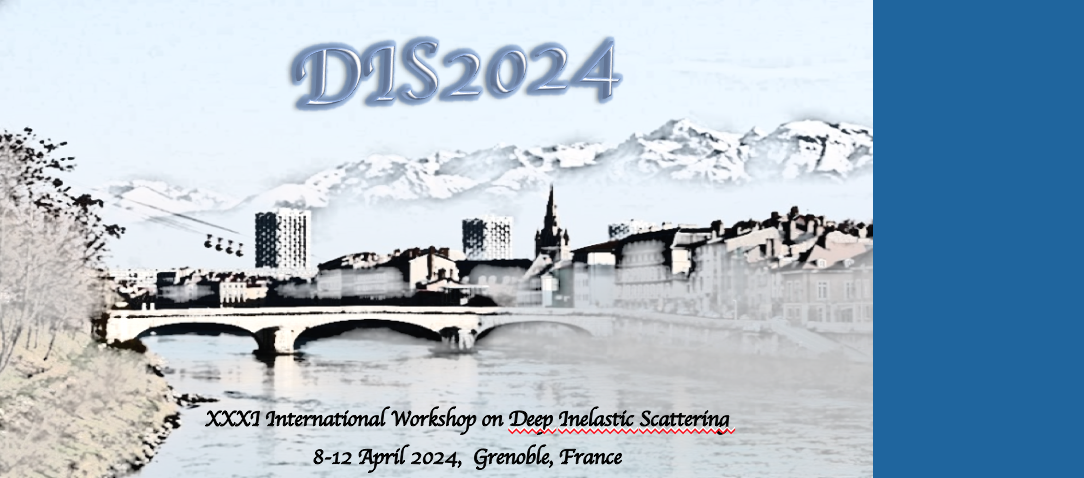Speaker
Description
The azimuthal angle distribution ($\phi_h$) of hadrons produced in deep inelastic scattering serves as a powerful tool for probing nucleon structure in terms of the transverse momentum-dependent parton distribution functions, and the fragmentation functions. For an unpolarized nucleon, three azimuthal modulations arise: $\cos \phi_h$ related to the Cahn effect, $\cos 2\phi_h$ linked to the Boer-Mulders function, and $\sin \phi_h$ known as beam-spin asymmetry, each revealing insights into combinations of twist-two or higher-twist distribution and fragmentation functions.
The COMPASS collaboration at CERN collected tens of millions of semi-inclusive deep inelastic scattering events across 2016 and 2017 using a longitudinally polarized 160 GeV/c muon beam scattering off a liquid hydrogen target. The data from 2016 corresponding to about 1/3 of the full sample have been analyzed to measure the azimuthal modulations of charged hadrons. Results were corrected for QED radiative effects using DJANGOH MC generator.

